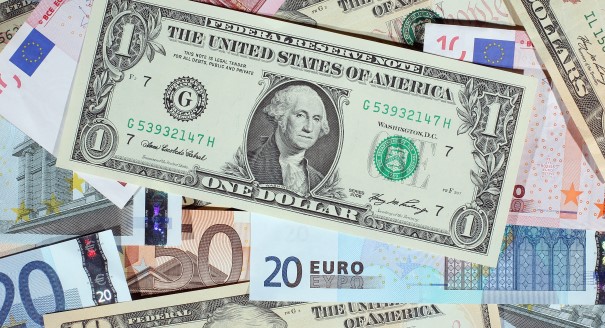Given the recent praises that have been sung for the Transatlantic Trade and Investment Partnership (TTIP, formerly known as TAFTA), it is hard to come up with yet another argument in its favor. The economic, geopolitical, and strategic benefits of this big project have all been thoroughly discussed.
It might come as a surprise, then, that the most immediate dividend from the TTIP could actually be a short-term, domestic one. Not only could this be the most desirable part of the whole scheme, but it could also be a positive outcome even if the entire project falls at one of the many hurdles still in its way.
The bottom line is that by embracing the TTIP, political leaders across Europe are sending a strong message of support for open markets and liberal capitalism at a time when the domestic debate is dominated by nasty and dangerous antimarket, protectionist undertones.
The protracted economic hardship created by the Lehman Brothers fallout and the euro crisis have made Western publics receptive to the old recipes of state regulation and state ownership. A mere generation after the end of the Cold War, they see the very strength of a Western way of life based on competition and entrepreneurship as its greatest weakness.
The new pattern emerged when the economic earthquake caused by Lehman and the euro was labeled a “market failure” by journalists and pundits everywhere, a label that has come to be seen as an established truth today. In reality, the turmoil was never a market failure but a political one. The markets reacted just as expected to the disastrous decisions taken over a period of almost three decades by leaders on both sides of the Atlantic.
In the United States the original sin was to promote real estate ownership for everyone, regardless of their financial capacity, in combination with the loosening of even mild forms of regulatory oversight of the banking system. In Europe it was the idea that you could bind together the hugely divergent economies of northern and southern Europe in one monetary system without creating a political framework to manage and alleviate the inevitable imbalances. The current crisis is thus primarily not about politics regaining control over rampant markets, but about markets exposing deeply flawed ideological decisions by politicians.
In today’s debate, however, those arguing for tighter control over market forces have the upper hand. Populist antimarket rhetoric and action is de rigueur at the moment; this ranges from overly simplistic taxing-the-rich schemes and state-imposed regulation of bonuses (something that the owners of companies should mandate, not governments or the EU) to the rollback of economic reforms, as has happened in France.
The message is clear: markets are evil, capitalism must be strictly controlled, and private enterprise has to serve the state, not vice versa.
In Germany, where anti–“Anglo-Saxon capitalism” rhetoric has traditionally been very popular, a well-known left-wing columnist has even announced the end of Germany’s hugely successful social market economic model. Too much market, not social enough, he says. Welcome to the new discourse on how to get Europe’s ailing economies back on track.
In the wake of the crisis, the old idea that social justice can be engineered by redistributing existing wealth is fast gaining traction. There is little understanding among the public and large parts of the political elites that the creation of wealth needs nurturing and a high degree of freedom to function properly.
There is even less understanding that Europe’s welfare states need the resources that only powerful, market-driven economies can provide if they are to alleviate some of the crassest inequalities that life creates. In Europe, it is of existential importance to put the horse before the cart again in the debate over economics.
This is where the TTIP comes in. By throwing their weight behind this quintessentially liberal project, political leaders on both sides of the Atlantic can send the right message to their domestic audiences about what is needed in times of economic distress. In the battle over economic reform at home, the TTIP is a strong argument for liberal policies aimed at freeing market forces, increasing competitiveness and, ultimately, increasing tax revenue.
Why is this important in the context of “Strategic Europe”? The main source of Europe’s reputation and political clout is its liberal economic model, embodied by the single market and the European Commission’s competition policies, which are regularly enforced by the European Court of Justice.
The enormous wealth created by these schemes allows Europe to be a force on the world stage. If European populations and politicians give in to the temptation of antiliberal slogans, they will lose not only their wealth but also their influence in the world.
The battle over the TTIP is a battle over Europe’s soul. What does the old world stand for? For anyone interested in a Europe that creates wealth, takes care of its needy, and matters in the world, there is really only one option.






.jpg)